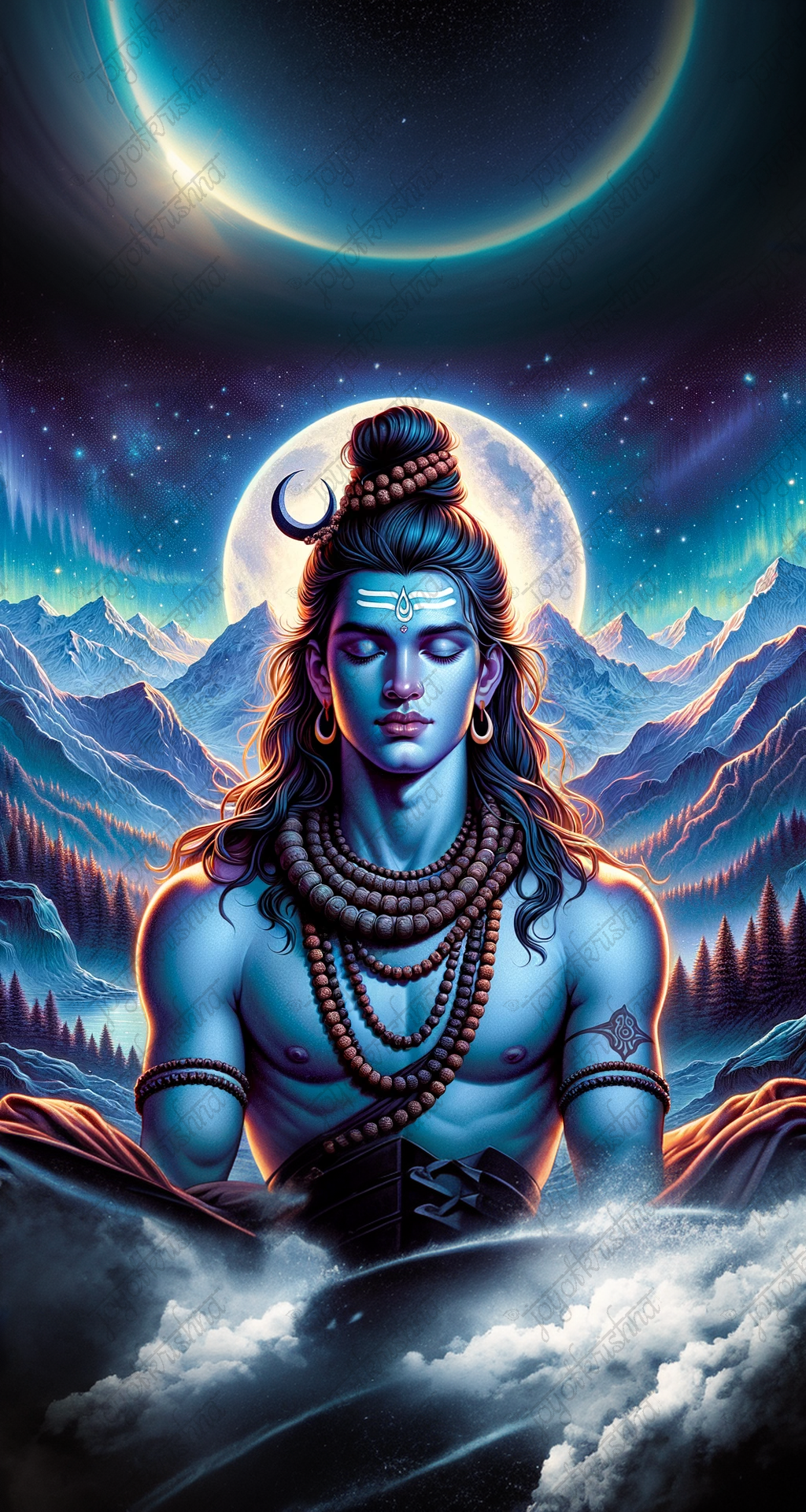
In the revered scriptures of Hinduism, Lord Krishna is depicted as the eighth avatar of Lord Vishnu, the preserver of the universe. Born to Devaki and Vasudeva in the city of Mathura, Krishna’s arrival on earth was a divine response to the pleas of the gods, who were weary of the cruel reign of King Kamsa, Devaki’s brother. As a child, Krishna’s extraordinary abilities and miracles mesmerized the inhabitants of Gokul, where he was raised by his foster parents, Nanda and Yashoda. The tales of his mischievous escapades, such as stealing butter from the village women and playing pranks on his friends, have been etched in the hearts of devotees for centuries. As he grew, Krishna’s divine nature unfolded, and he revealed himself as the ultimate reality, the supreme consciousness that pervades the universe. His iconic discourse, the Bhagavad Gita, delivered to Prince Arjuna on the eve of the Mahabharata war, is a profound treatise on spirituality, ethics, and self-realization. Krishna’s teachings emphasize the importance of selfless action, detachment, and devotion to the divine, as the means to attain liberation from the cycle of birth and death. His own life exemplified these principles, as he navigated the complexities of human relationships, politics, and war, while remaining steadfast in his commitment to dharma, or righteousness. As the divine charioteer, Krishna guided Arjuna through the treacherous landscape of the battlefield, while simultaneously revealing the cosmic dance of creation, where the ultimate reality is both the creator and the destroyer. This paradoxical nature of Krishna, as both the personal deity and the impersonal absolute, has inspired countless devotees, poets, and philosophers across the centuries. His legacy extends far beyond the boundaries of Hinduism, as his message of love, compassion, and spiritual growth continues to resonate with seekers of truth from diverse backgrounds and cultures. In the words of the Bhagavad Gita, “The one who has controlled the mind and senses, and has realized the Self, is eligible to attain the state of supreme peace and liberation.” This eternal wisdom, embodied in the person of Lord Krishna, remains an enduring source of inspiration, guiding humanity toward the realization of its highest potential.